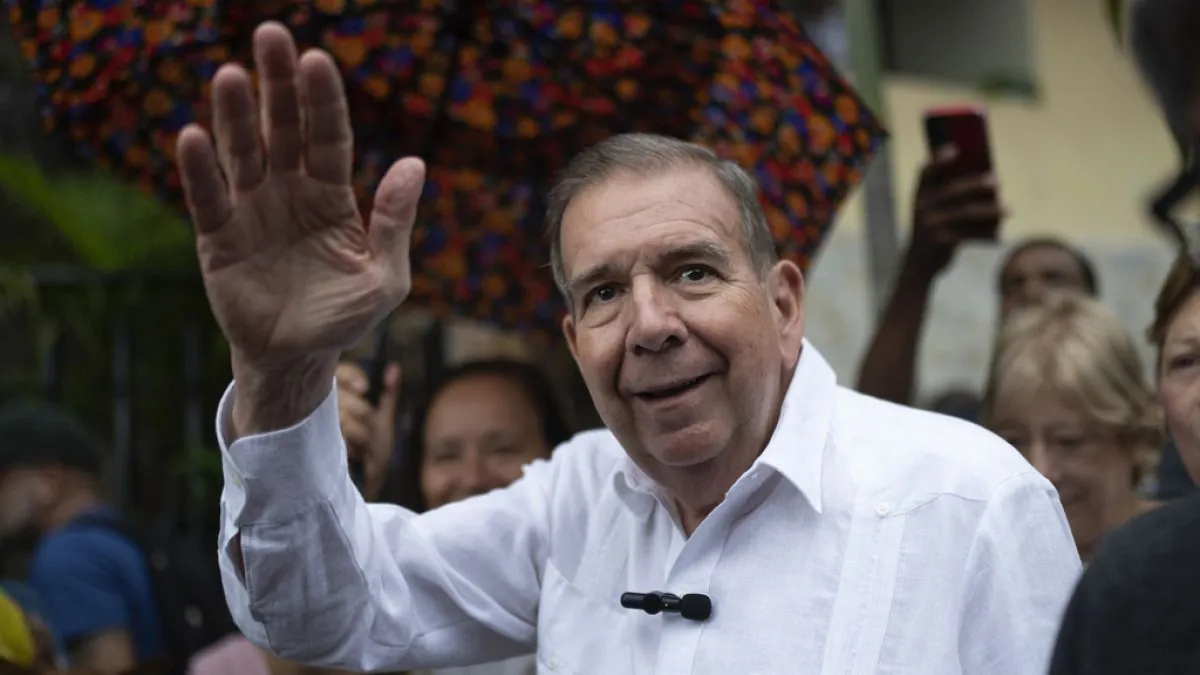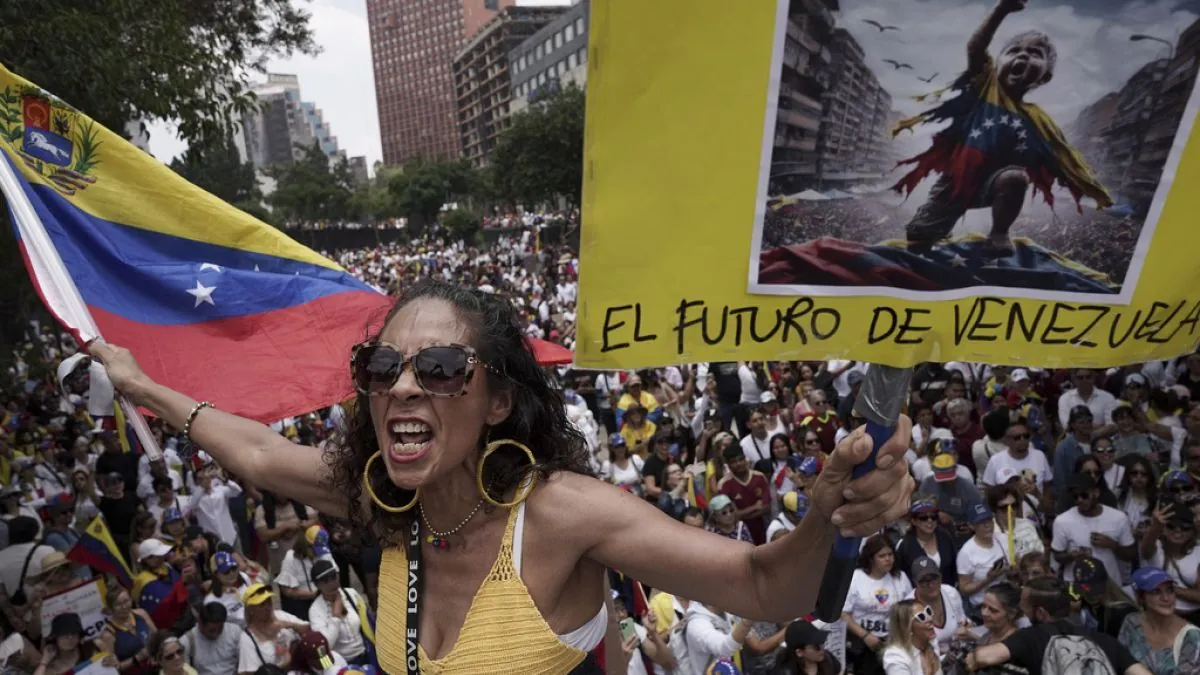Venezuelan Opposition Leader Flees to Spain Amid Election Dispute
Edmundo Gonzalez, Venezuelan opposition presidential candidate, seeks asylum in Spain following disputed July election. International community expresses concern over democratic processes in Venezuela.

In a significant development for Venezuelan politics, opposition presidential candidate Edmundo Gonzalez has departed for Spain seeking asylum. This move comes amidst ongoing controversy surrounding the July 28, 2024 election results, which have been contested by both domestic and international observers.
Gonzalez, a 75-year-old former diplomat, emerged as the opposition's candidate earlier this year. His departure marks another chapter in Venezuela's complex political landscape, which has been characterized by instability since the onset of the Bolivarian Revolution in 1999.
The disputed election has drawn international attention, with the United States, European Union, and several regional powers recognizing Gonzalez as the rightful winner. This stance contrasts sharply with President Nicolas Maduro's declaration of victory, highlighting the deep divisions within Venezuelan society and the international community.

Venezuela's political turmoil is set against a backdrop of severe economic challenges. Once the wealthiest nation in South America, Venezuela has grappled with hyperinflation since 2016 and has seen over 7 million of its citizens emigrate since 2015. The country's vast oil reserves, the world's largest, have not shielded it from economic decline.
Gonzalez's journey to Spain involved a complex series of diplomatic maneuvers. He initially sought refuge in the Dutch embassy following the election, later moving to the Spanish embassy in Caracas. Dutch Foreign Minister Caspar Veldkamp confirmed these movements, stating that Gonzalez had expressed a desire to continue his political efforts from Spain.
The Venezuelan government, through Vice President Delcy Rodriguez, claimed that Gonzalez was granted safe passage to restore "political peace." However, this narrative contrasts with the arrest warrant issued against him in early September, accusing him of conspiracy and other crimes.
"Today is a sad day for democracy in Venezuela. In a democracy, no political leader should be forced to seek asylum in another country."
The international community has expressed concern over these developments. The European Union, which has applied targeted sanctions on Venezuelan officials, views the situation as a setback for democratic processes in the country.
As tensions escalate, reports have emerged of Venezuelan security forces surrounding the Argentine embassy in Caracas, where six opposition figures are currently staying. This action further underscores the precarious state of political dissent in Venezuela.
The ongoing crisis in Venezuela reflects broader challenges to democracy in the region. Since 2015, both the United States and the European Union have imposed sanctions on the country, citing human rights violations and electoral irregularities. Venezuela's withdrawal from the Organization of American States in 2019 further isolated it from regional diplomatic structures.
As Gonzalez begins his exile in Spain, the future of Venezuela's opposition movement remains uncertain. The country's political landscape continues to evolve, shaped by internal struggles and international pressures, with no clear resolution in sight.


































